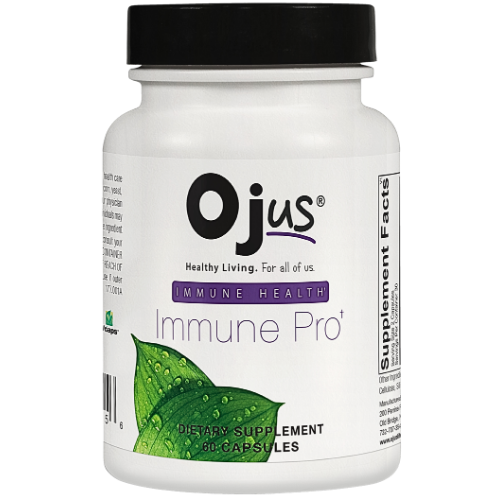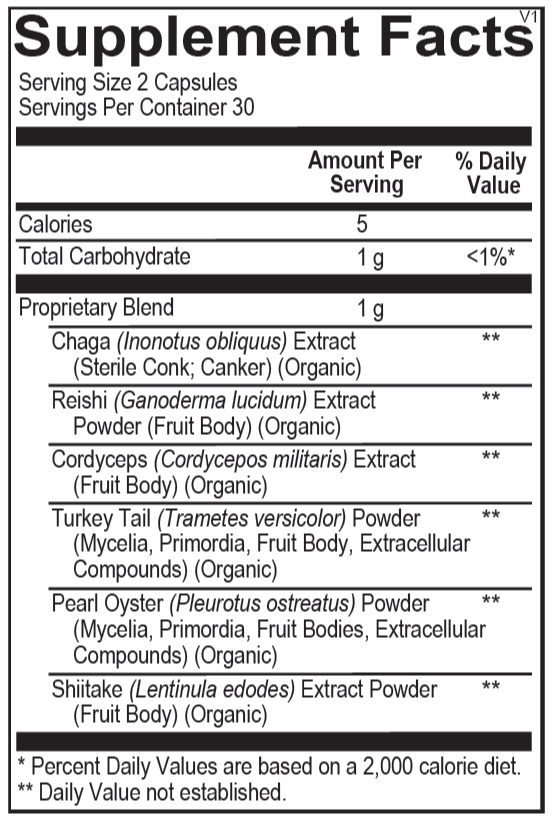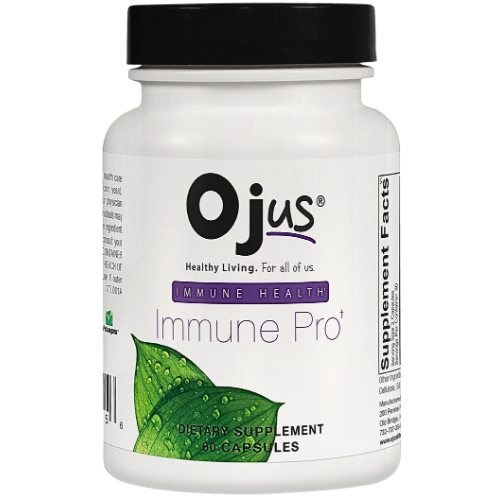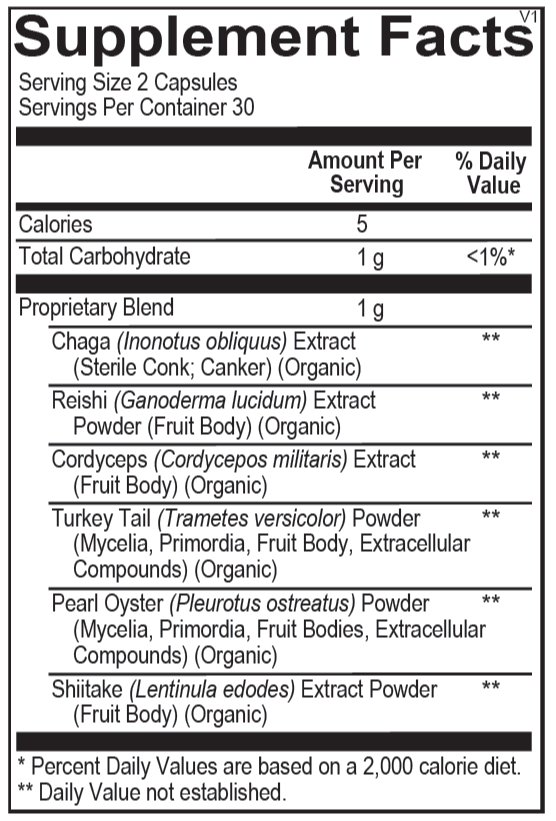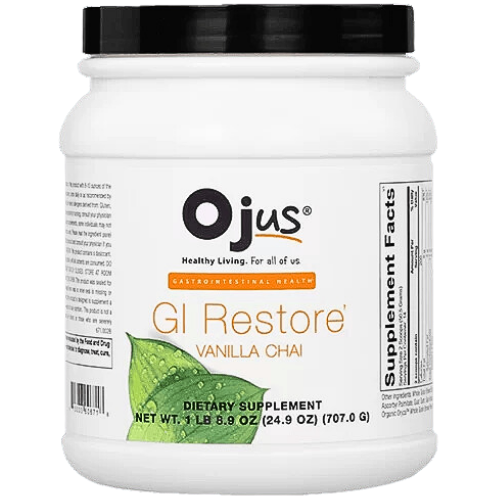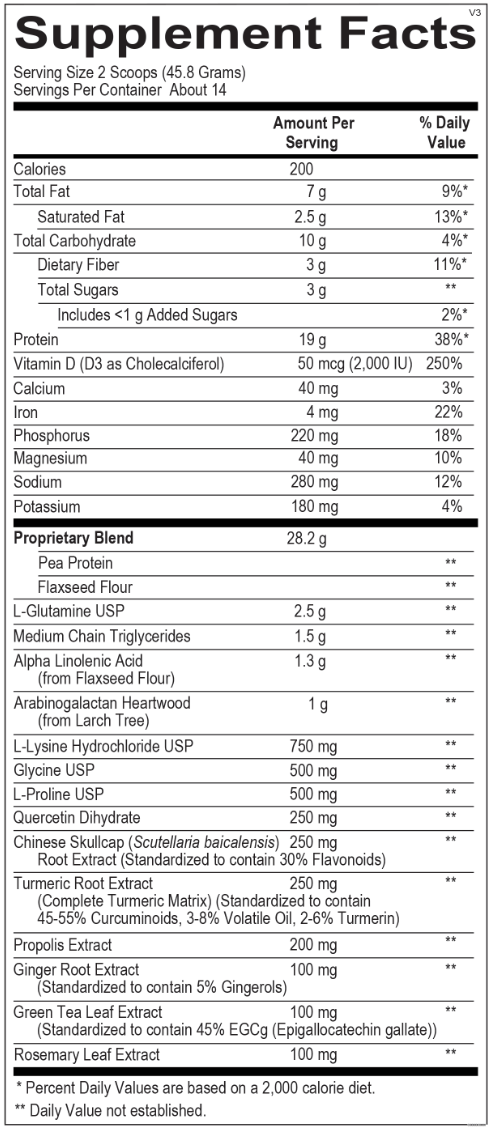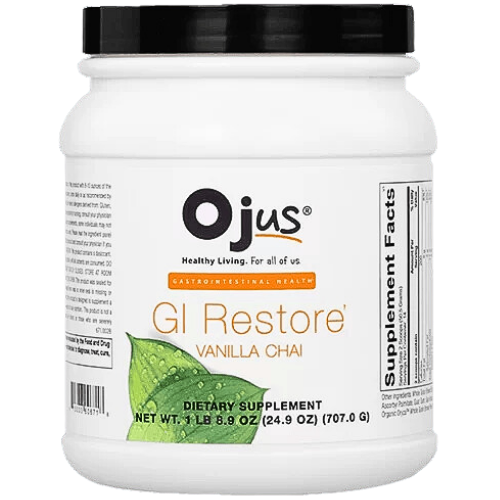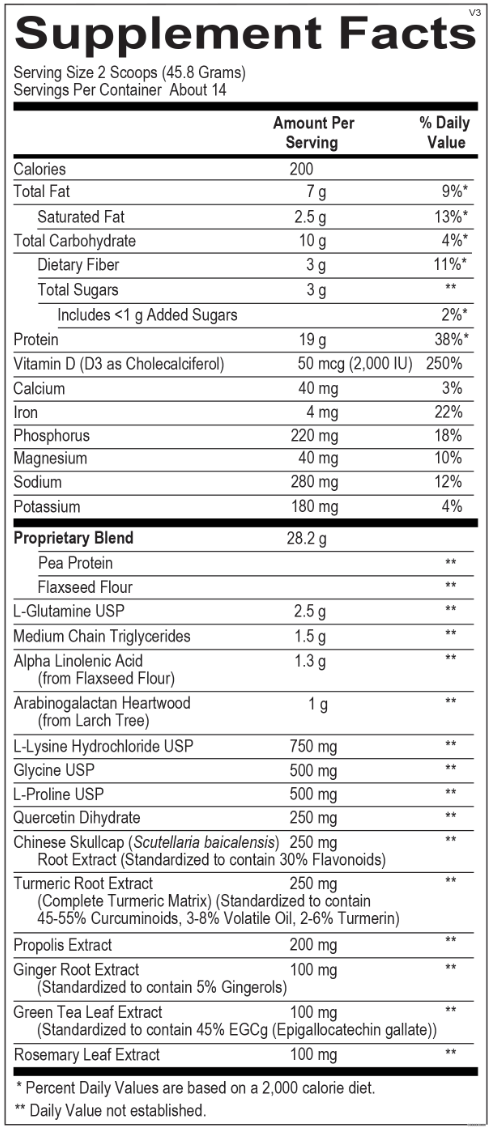
All You Need to Know About Intestinal Infection
Dr Anita NischalTable of Contents
| Intestinal infections persist to be a source of worry for many people across the globe. Intestinal tract infections continue a vital public health concern. The intestinal tract infection stays the top reason for morbidity and mortality, particularly among children. |
There are several bacteria, viruses, and parasites that affect gastrointestinal (GI) infections. Corresponding to the U.S. Centers for Disease Control and Prevention, intestinal infections account for 1 in 9 child deaths worldwide. It disturbs 2,195 children every day and more than 60% of the population suffers from it.
To find out the intestinal infection treatment, it is essential to know the causes and symptoms. Let’s study the intestinal infection in detail.
What is Intestinal Infection?
Bowel infections are initiated by microorganisms (‘bugs’, or germs) that have retrieved their way into your gut, which is an element of your digestive system. An infection of the bowel is known as a gastrointestinal infection or gastroenteritis.
Any viral, bacterial or parasitic infections that trigger gastroenteritis are termed as intestinal infections. It includes inflammation in both the stomach and the small intestine.

The bowel infections in your intestines can show signs such as diarrhea, vomiting, abdominal pain, dehydration. Most intestinal tract infections are self-limited and settle within a few days.
New-borns/infants, immunocompromised patients or elderly populations are possibly at dangerous risk. Swift diagnosis, proper treatment, and infection control procedures are hence especially crucial in these contexts.
Gastrointestinal infections can be affected by a larger number of microorganisms, comprising:
- Adenovirus: can cause diarrhea, fever, conjunctivitis, bladder infections, and rashes, respiratory illness.
- Campylobacter: frequent in children under two and can cause diarrhea (sometimes bloody), abdominal cramps, vomiting, and fever.
- Clostridium Difficile: has led to more regular and severe outbreaks, increased morbidity, and mortality.
- Escherichia Coli: People typically contract E. coli through ingestion of water polluted with human or animal faeces.
- Helicobacter Pylori: can cause stomach pain or nausea, but in many cases, there are no symptoms.
- Rotavirus: the most frequent cause of diarrhea in young children and infants and it is at fault for the most brutal cases.
- Salmonella and Shigella: These are categorized under food-borne GI illnesses. Acute symptoms involve nausea, vomiting, abdominal cramps, diarrhea, fever, and headache.
- Staphylococcus Aureus: this is caused by food intoxication, with symptoms such as abrupt/violent onset, vomiting, nausea, cramps, and diarrhea that can last 1-2 days.
- Yersinia Enterocolitica: Triggered by eating contaminated food or raw pork products. Also, via ice cream and milk.
Difference between Acute & Chronic Intestinal Infection
| Key Differences | Acute Intestinal Infection | Chronic Intestinal Infection |
| Definition | The acute intestinal infection starts suddenly and settles down quickly. | Chronic intestinal infection is a long-term (more than a month) disorder. |
| Causes |
It occurs when the lining of the stomach is weak or damaged. Other reasons are:
|
Chronic intestinal infection can be triggered by:
|
| Symptoms |
Common symptoms comprise:
|
People with chronic intestinal infections may experience:
|
| Treatment |
Some cases of acute intestinal infections go away without treatment and by eating a balanced diet.
Foods that are low in natural acids, low in fat, and low in fibre may be tolerated best. |
Medications
Herbal supplements like Probiotic may calm down the symptoms of intestinal infections. |
| Recommendations |
|
Diet does not play a part in triggering chronic intestinal infection, though to ease symptoms, it is advisable to stop eating things that irritate the stomach like fatty, spicy or highly acidic foods. Reduce foods containing lactose or gluten.
Additional lifestyle adjustments that may help involve eating smaller, more regular meals rather than larger meals, weight cuts, and stress management. |
Common Signs of Intestinal Infection
Most intestinal tract infections have comparable symptoms, though they may differ in severity. Symptoms of the infection in your intestines include:
- diarrhea
- nausea
- vomiting
- stomach cramps
- loss of appetite
- a fever
- muscle aches
- an electrolyte imbalance
- gas and bloating
- unintentional weight loss
When to See a Doctor for Intestinal Infection?
The infection in your intestines needs immediate attention when,
- fever is above 104°F (40°C).
- vomiting persists for more than 48 hours & with blood.
- Dehydration: Symptoms include extreme thirst, dry mouth, little or no urine (or deep yellow urine), extreme weakness, light-headedness, or dizziness.
- Blood in bowel movements.
Treatment Options for Intestinal Infection
Some infections in your intestines, mainly parasitic infections, need prescription medication from a doctor. However, few gastrointestinal illnesses will get better without antibiotics for intestinal bacterial infection treatment or intervention.
Besides, a person with a strong immune system can fight off the infection at home by getting heaps of rest and drinking lots of water. Some people need antibiotics for intestinal tract infections caused by parasites and bacteria.
More Recommendations
Several studies emphasised the use of probiotics in the treatment and prevention of intestinal infections. The most usually used microorganisms are lactic acid generating bacteria such as lactobacilli and bifidobacteria fitting to the human normal microflora.
Probiotics by OjusLife is clinically significant in calming down diarrhoea and its ingredients such as Saccharomyces boulardii in the prevention of antibiotic-associated diarrhoea (AAD).
In patients experiencing inflammatory bowel disease, the OjusLife’s probiotic strains have been proved to be efficient in reducing the symptoms of intestinal tract infections.
Also Study
- How To Overcome Leaky Gut Syndrome?
- Why Take Probiotics With Antibiotics?
- How To Improve Gut Health Naturally?
The warning signs of intestinal infections include diarrhoea, vomiting, headaches, fever, fatigue, loss of appetite amongst many.
The best intestinal infection treatment is drinking plenty of water. Colon cleanses at-home measures include the consumption of green tea, juices, smoothies, and a fibre-rich diet.
To calm down your inflamed intestines, you must manage your stress, eat an inflammatory diet, consume nutrients, and take natural probiotic supplements.
Although mild intestinal infections do not need antibiotics. But severe cases can take antibiotics for intestinal bacterial infections. It is recommended to take herbal supplements.
There are numerous home remedies for intestinal infections, consisting of water with lemon juice, ginger tea, and peppermint tea. Besides, control your stress levels, and eat high-fibre foods.
Acute intestinal infections can be treated in less than 14 days, but chronic intestinal infections can last more than one month and need proper medications.
The various types of intestinal infections contain E-coli, Clostridium, Campylobacter, Yersinia, and Vibrio (cholera). Apart from this, there are viral infections of the intestine that can bring about acute diarrheal illnesses which normally resolve spontaneously.



